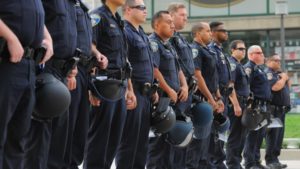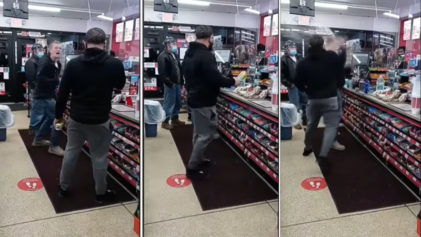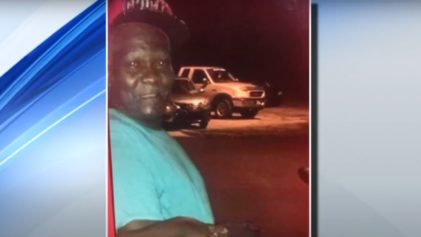
A recently released Pew Research Center survey conducted by the National Police Research Platform revealed that 72 percent of officers disagreed with the statement that bad cops are held accountable for their poor performance. Just 24 percent of respondents agreed that officers who underperform are held responsible, according to the poll.
The survey, which was conducted in 2016 and involved almost 8,000 police officers from departments across the country, offered a wide collection of data points on police attitudes about their jobs and the communities they work in. One glaring hallmark of the study is the deep racial divide police officers have on issues of Black equality.
The study showed that an extremely high concentration of white officers believe that the country has achieved racial equity. According to the study “virtually all white officers (92%), but only 29% of their black colleagues, say that the country has made the changes needed to assure equal rights for blacks.” The views of white officers not only differ from their Black co-workers, but they also are at odds with the greater white population, where only 43 percent of all white adults said no more changes are needed, as measured in the center’s survey of the general public.
Statistics also show that 53 percent of Black officers believed their white counterparts are treated much better in their departments/agencies when it comes to assignments and promotions. These views point to a long-held belief that the job experience for Black officers differs even when they try to fit in.
The Pew study also showed a continued racial chasm in the views of police officers over the protest movement that has swept the country over the past three years. Sixty-nine percent of Black officers believed that protesters were in part motivated by the desire to hold police officers responsible for their actions, while a mere 27 percent of white officers agreed that that was the purpose of the protests.
The differing perceptions of police officers by race continued into how they view the high-profile killings of Black people by the police. Seventy-two percent of white officers viewed these encounters as isolated incidents, while 57 percent of Black officers saw the incidents as part of a larger problem with policing. The survey also showed that white officers had a 16 percent higher probability to engage in an altercation with a suspect than Black officers.
The survey further demonstrated how Black and white police officers view the Black communities they are stationed in. Sixty-eight percent of Black officers said the police and community relations within Black communities are negative, while 60 percent of white and Latino officers believed relations with the Black community are positive. The study suggests that, at times, white officers are oblivious to their actions and the effect those actions have on the communities they patrol. Their concern was only for how it affects them personally.
The Pew Research survey showed that the killings do indeed affect officers’ sentiments, but it’s mostly concerning their own safety. After the increased media attention to the recent string of deadly shootings of African-Americans, a majority of law enforcement personnel (86 percent) said they felt the fatal encounters between police and African-Americans have made their jobs harder. Another 93 percent said they’ve become more concerned for their personal safety as a result of high-profile police shootings of Black people.


